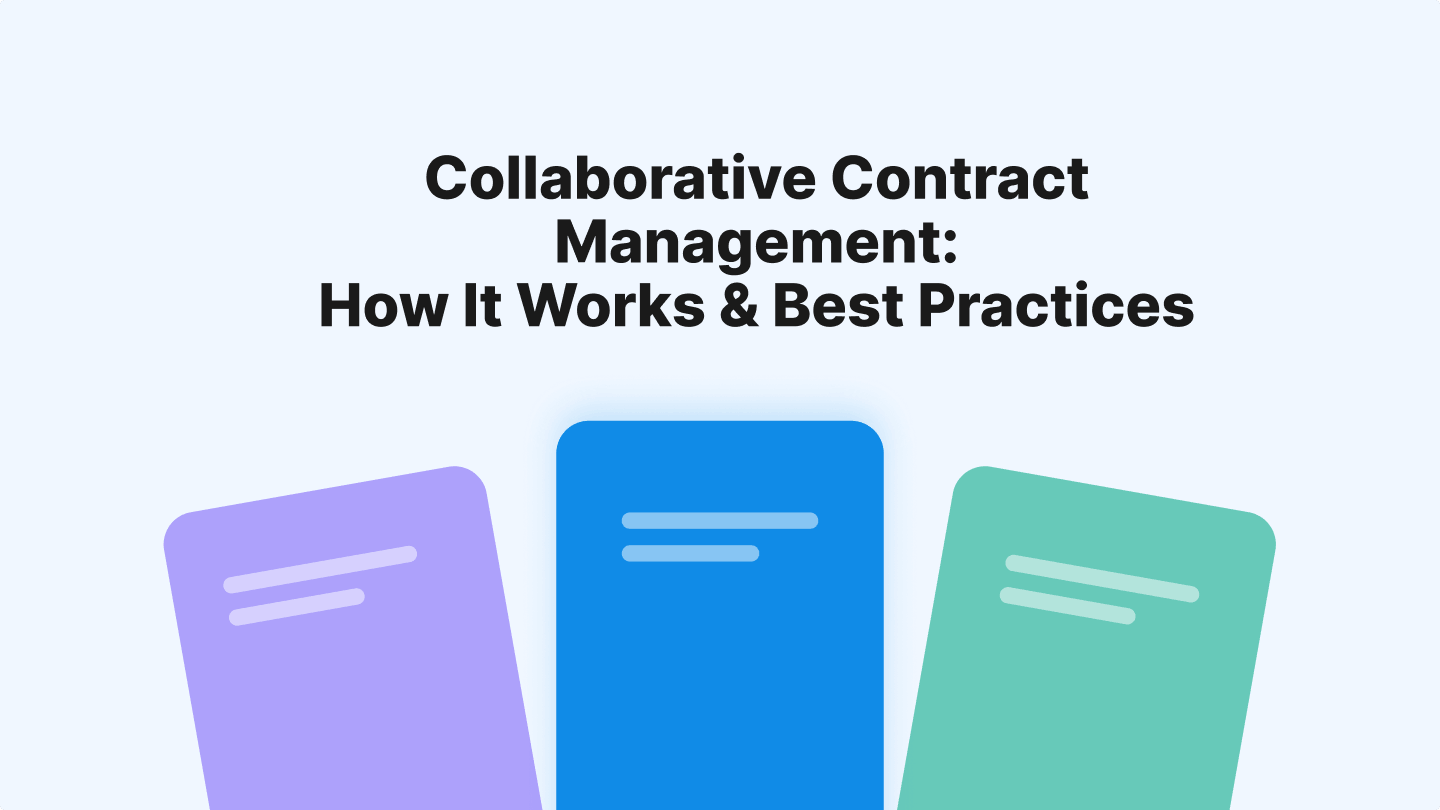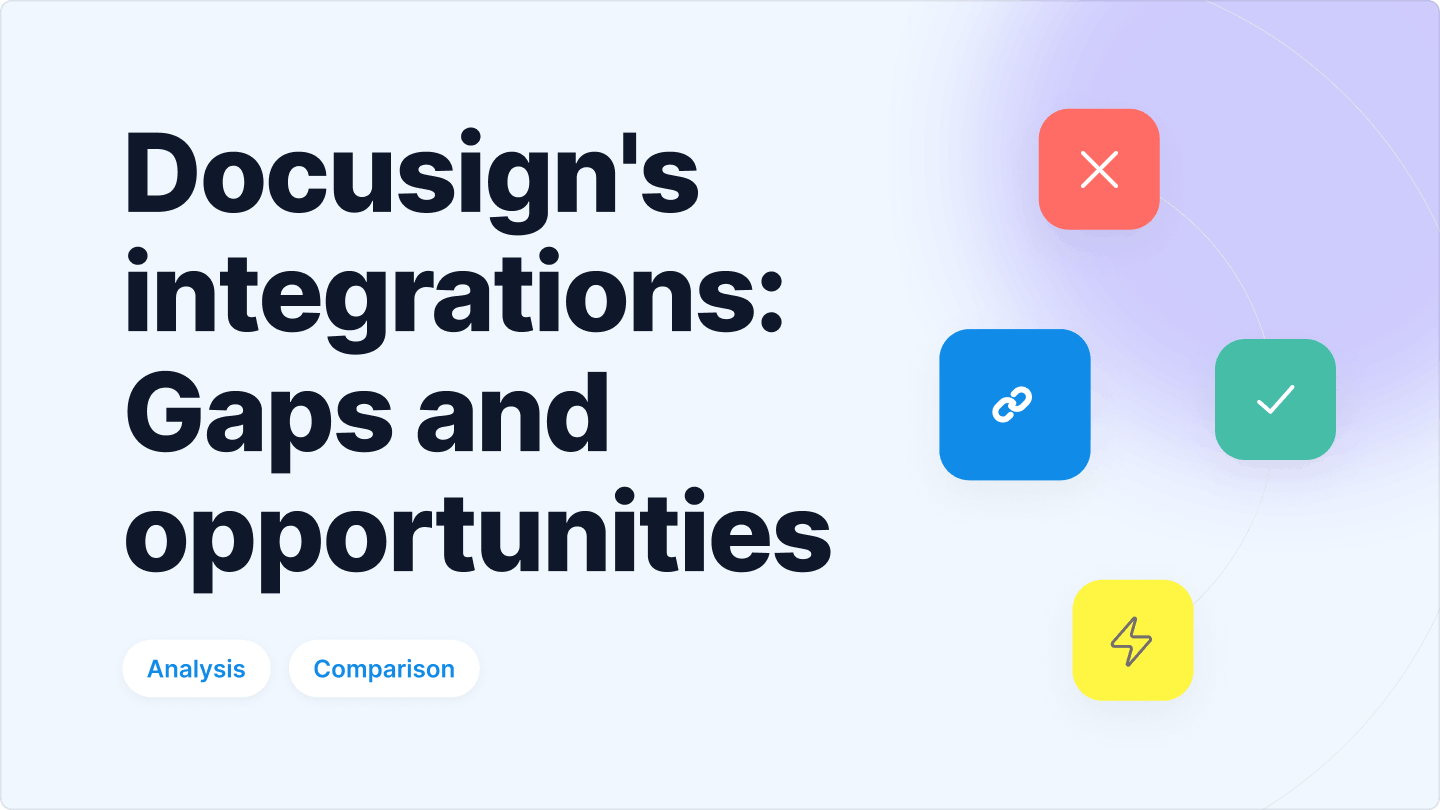Efficient accounting teams are crucial for any business to achieve its financial objectives and maintain its competitiveness in the market. As accountants juggling multiple clients know all too well, the accounting process can be time-consuming, tedious, and prone to errors, ultimately affecting the accuracy of financial reports and decision-making.
Challenges faced by accounting teams, such as manual data entry, time-consuming reconciliations, and lack of software integration, can cause errors and non-compliance. Automation, cloud-based accounting software, and upskilling team members in the latest accounting technology can improve accuracy and efficiency.
Common challenges that accounting teams face
Accounting teams encounter a range of obstacles that impact the accuracy, completeness, and timeliness of financial reporting. From dealing with complex regulations and compliance requirements to managing a large volume of transactions and data, accounting teams must navigate through various hurdles to ensure the accuracy and completeness of financial reports.
Some of the most common challenges that accounting teams face include:
- Compliance and regulation: Complying with various regulations and standards, such as GAAP (Generally Accepted Accounting Principles), tax laws, and financial reporting requirements is difficult, especially when they keep changing.
- Manual processes: Performing processes manually, such as data entry, reconciliation, signature collection, and report generation, is time-consuming, prone to errors, and can lead to delays in financial reporting.
- Data management: Managing large volumes of data from transactions, invoices, receipts, and financial statements is challenging, particularly when it spreads across multiple systems and platforms.
- Collaboration: Working with other departments, such as sales, purchasing, and finance, to ensure the accuracy of financial reports can be difficult, particularly if there is a lack of communication or understanding between teams.
- Technology: Keeping up with new technologies such as cloud-based accounting software, automation tools, and artificial intelligence is a challenge; particularly when the team lacks the necessary skills or resources.
Streamlining accounting processes
Inefficient accounting processes can lead to errors, missed deadlines, and wasted resources. Employees spend approximately 520 hours per year on repetitive tasks that could be automated. This inefficiency impacts decision-making and compliance and even results in financial loss. Streamlining processes effectively improves the accounting department, reduces errors, saves time, and increases productivity.
- Identifying inefficiencies in current processes by regularly reviewing and analyzing processes. It involves identifying processes that take too much time, are prone to errors, or involve redundant tasks.
- Automating routine tasks, such as data entry, report generation, and invoicing. It can reduce the time and effort required, increase productivity, and decrease errors.
- Simplifying approval processes by establishing clear approval criteria, setting up automated approval workflows, and providing timely access to relevant information.
- Implementing document management systems to handle numerous documents, such as invoices, receipts, and financial statements, and improving accessibility, searchability, and security, reducing errors, saving time, and increasing productivity.
Utilizing technology to improve the accounting department
Accounting technology can streamline workflows, boost productivity, and reduce the risk of errors in paper-driven systems. A survey by Sage found that 91% of finance leaders believe that technology has positively impacted their accounting teams. Let's explore some of the ways it can help.
- Implementing accounting software to automate routine tasks such as data entry, report generation, and invoicing allows accounting teams to focus on more complex tasks, get real-time insights into financial data, and make informed decisions. For example, contract workflow management tools like Signeasy can help sign, send, track, and manage contracts digitally for greater efficiency.
- Utilizing cloud-based systems provide real-time access to financial data from anywhere, at any time. It improves collaboration, as team members can work together on the same documents in real time, regardless of their location.
- Adopting electronic payment methods, such as online bill payments and electronic fund transfers, accounting teams save time, reduce the risk of errors associated with manual payments, and increase transparency in transactions. In fact, the World Bank’s data shows two-thirds of adults indulge in digital payment globally.
- Integrating systems through the use of APIs and webhooks can increase efficiency and reduce redundancy by enabling different systems to work together and compare data sets. This allows accountants to automate multiple manual tasks and save time.
Fostering a collaborative environment
Collaboration is key to improving productivity, efficiency, and overall effectiveness. It fosters better problem-solving, innovation, and creativity among team members. In a collaborative environment, individuals from different departments work together on a project, bringing diverse perspectives to the table. For instance, finance, HR, and IT teams may collaborate on a budget forecasting project. This approach enhances the quality of work produced and can lead to more effective decision-making.
Let’s see how.
- Promoting cross-functional collaboration between teams improves the quality of financial reporting and decision-making. For instance, the accounting team can collaborate with the sales team to gain insight into customer behavior and trends, which can help inform financial forecasts and budgets.
- Encouraging open communication channels and promoting a team-oriented culture fosters a sense of trust and respect within the team, which is crucial for accountancy practices that require excellent communication and listening skills to maintain strong client relationships and work under pressure.
- Facilitating knowledge sharing through regular training sessions, mentorship programs, and knowledge management systems helps accounting teams stay up-to-date on industry trends, regulations, and best practices, ensuring that the team has access to the necessary skills and knowledge to perform their roles effectively.
Prioritizing training and professional development
To thrive in the finance landscape, companies must be willing to adapt to the changing environment and pivot at a moment’s notice. But how? By stressing the importance of training and professional development. It ensures the staff are equipped with the necessary skills and knowledge to perform their job functions effectively.
- Investing in accounting staff training encourages employees to stay at a company longer and perform more efficiently.
- Providing professional development opportunities promotes a learning culture and ensures all staff is up to date with CPE (continuing professional education) requirements.
- Encouraging staff to attend conferences and join professional associations like the American Institute of Certified Public Accountants (AICPA) helps them stay current with industry developments and the latest trends in the field.
Setting realistic goals and measuring performance
To take your accounting team to the next level, you need to set realistic goals and measure performance. By outlining clear objectives and regularly tracking progress, you can ensure that your team constantly improves and reaches their full potential. Let’s see how.
- Defining clear performance goals using the SMART method. For example, a team could set a goal to reduce accounts receivable by 10% within the next quarter by improving its collections process. This goal is specific, measurable, attainable, relevant, and time-based.
- Establishing metrics and KPIs such as working capital, operating cash flow, and debt-to-equity ratio to measure its performance. For instance, a company could set a goal to maintain a working capital ratio of at least 1.5 to ensure it has enough current assets to cover its current liabilities.
- Regularly reviewing performance data to identify areas of improvement. For example, if the team notices that its accounts payable process is taking longer than expected, it may investigate the cause of the delay and develop a plan to address it.
- Encouraging continuous improvement by implementing performance monitoring tools such as regular audits or internal controls. For example, a company could use an automated system to monitor employee expenses and flag any unusual transactions for further review.
Accounting team efficiency improvement: the road to success
Improving your accounting efficiencies can help your business get ahead by removing obstacles, reducing hassle, and providing a smoother experience for your clients. The best part is efficient accounting can lead to increased profits, more room for new clients, and fewer working hours. That’s a win-win situation for your bottom line!
If you want to take your accounting game to the next level, consider adding eSignature to your process. This simple step can greatly impact your contract workflow management and team’s productivity. And for all your eSignature needs, Signeasy is here to help. Get in touch with us today!












